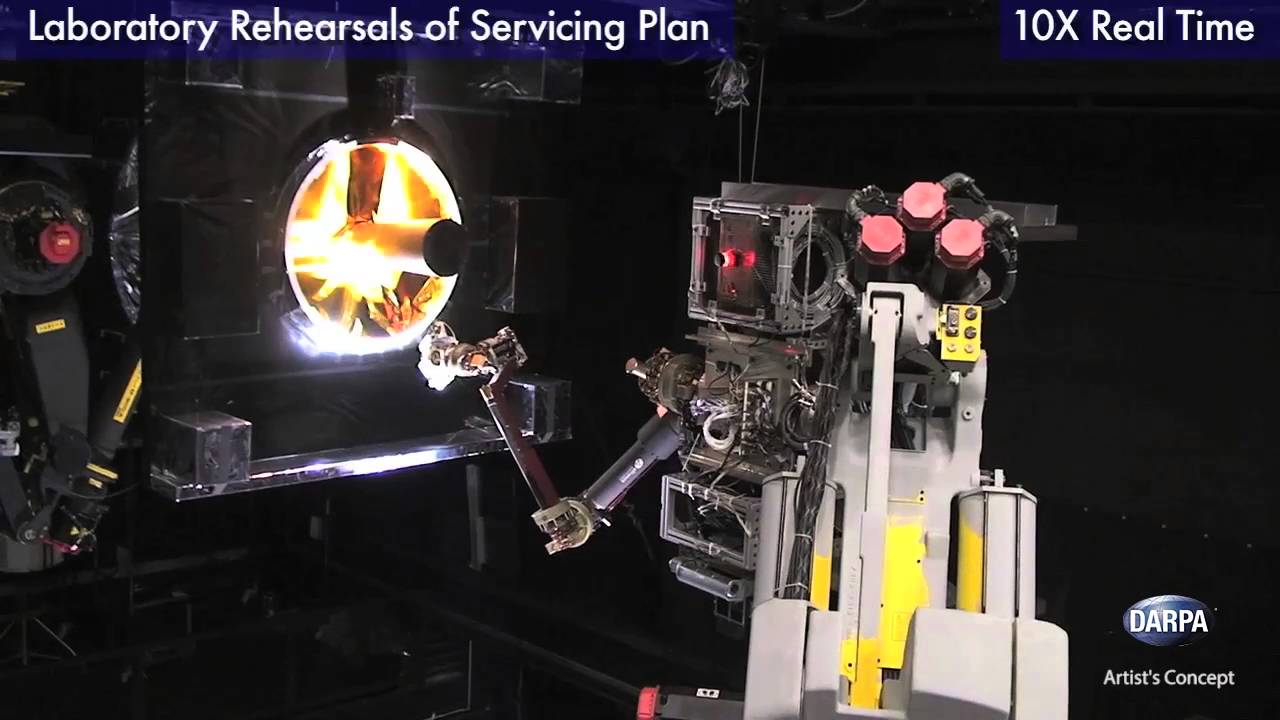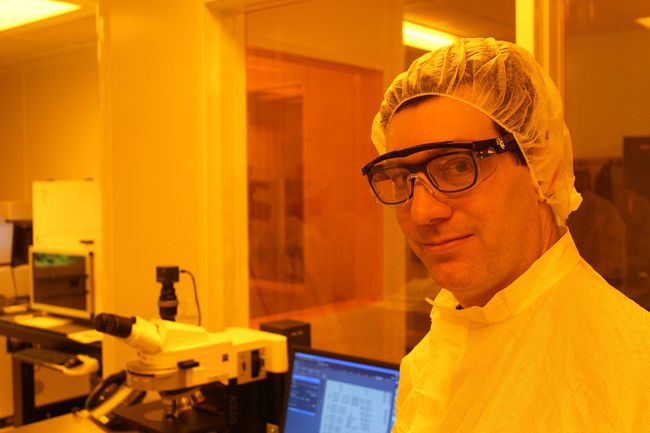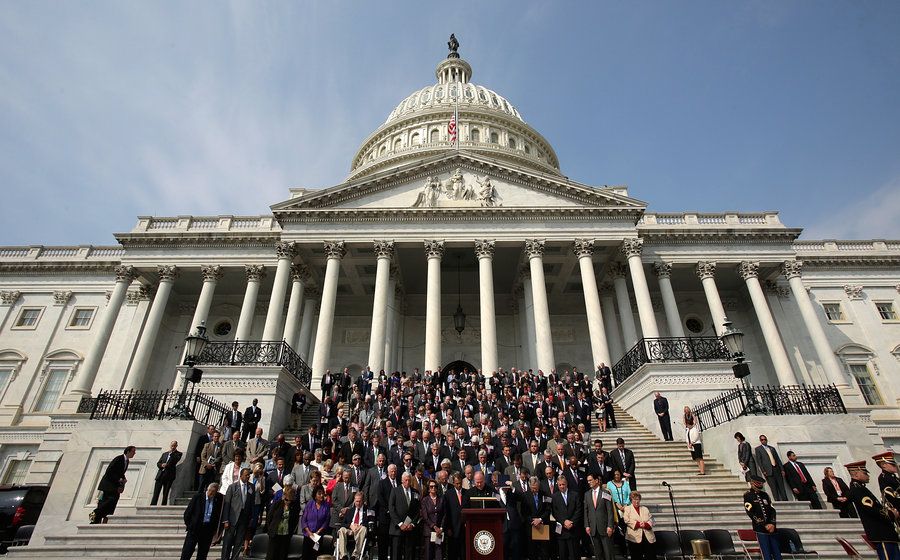Jan 28, 2017
Lawmakers Call For Halt To DARPA Program: Robots Repairing Satellites
Posted by Klaus Baldauf in categories: government, policy, robotics/AI, satellites
WASHINGTON: Three influential House lawmakers have asked DARPA in a Jan. 25 letter to review a robotic space repair program to see if it violates the National Space Policy by competing with private-sector efforts and to put the program on hold until the review is complete. The National Space Policy requires “that the government not build or buy systems that “preclude, discourage or compete” with commercial systems. Orbital ATK is building a system it believes competes directly with the DARPA initiative, known as Robotic Servicing of Geosynchronous Satellites.
It’s an intriguing program. DARPA’s goal is to develop robotic systems that can fix damaged satellites 22,000 miles up. In the words of the program web page, it would be designed to “make house calls in space.”
Continue reading “Lawmakers Call For Halt To DARPA Program: Robots Repairing Satellites” »



















